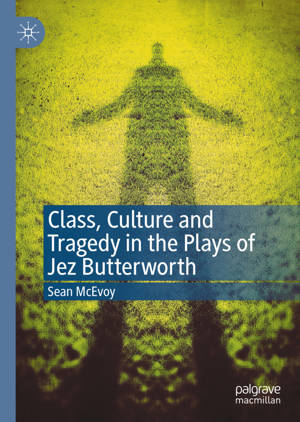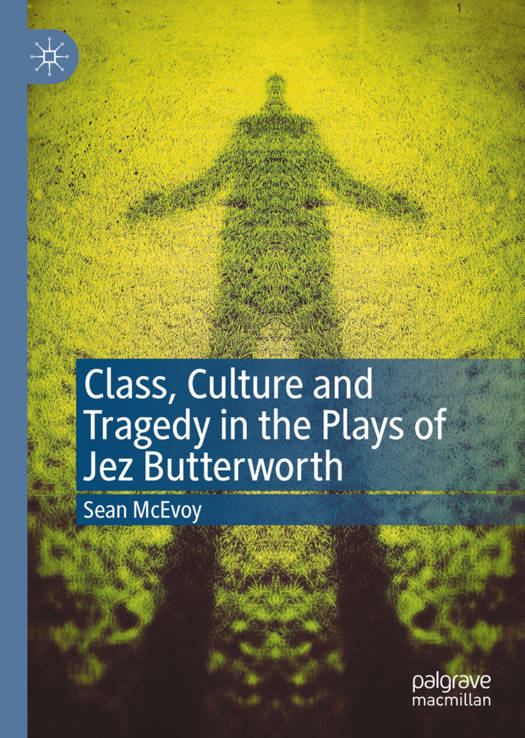
- Afhalen na 1 uur in een winkel met voorraad
- Gratis thuislevering in België vanaf € 30
- Ruim aanbod met 7 miljoen producten
- Afhalen na 1 uur in een winkel met voorraad
- Gratis thuislevering in België vanaf € 30
- Ruim aanbod met 7 miljoen producten
Zoeken
€ 116,45
+ 232 punten
Uitvoering
Omschrijving
Jez Butterworth is undoubtedly one of the most popular and commercially successful playwrights to have emerged in Britain in the early twenty-first century. This book, only the second so far to have been written on him, argues that the power of his most acclaimed work comes from a reinvigoration of traditional forms of tragedy expressed in a theatricalized working-class language. Butterworth's most developed tragedies invoke myth and legend as a figurative resistance to the flat and crushing instrumentalism of contemporary British political and economic culture. In doing so they summon older, resonant narratives which are both popular and high-cultural in order to address present cultural crises in a language and in a form which possess wide appeal. Tracing the development of Butterworth's work chronologically from Mojo (1995) to The Ferryman (2017), each chapter offers detailed critical readings of a single play, exploring how myth and legend become significantin a variety of ways to Butterworth's presentation of cultural and personal crisis.
Specificaties
Betrokkenen
- Auteur(s):
- Uitgeverij:
Inhoud
- Aantal bladzijden:
- 217
- Taal:
- Engels
Eigenschappen
- Productcode (EAN):
- 9783030627102
- Verschijningsdatum:
- 30/12/2020
- Uitvoering:
- Hardcover
- Formaat:
- Genaaid
- Afmetingen:
- 148 mm x 210 mm
- Gewicht:
- 453 g

Alleen bij Standaard Boekhandel
+ 232 punten op je klantenkaart van Standaard Boekhandel
Beoordelingen
We publiceren alleen reviews die voldoen aan de voorwaarden voor reviews. Bekijk onze voorwaarden voor reviews.











